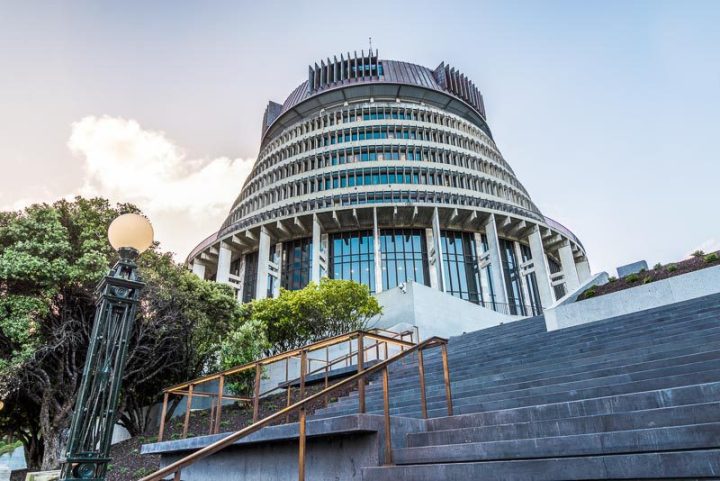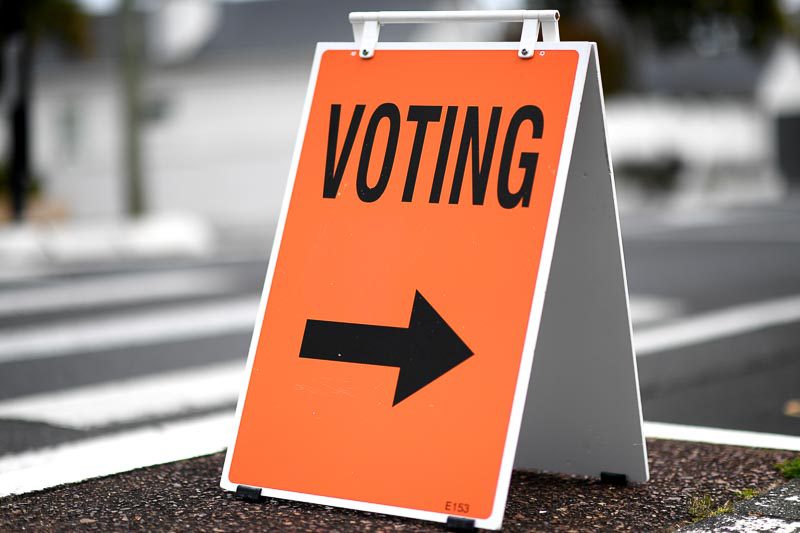
2023 general election, get out and vote
A pivotal event for New Zealand is unfolding on the political horizon.
Scheduled from 2 October (when voting papers are mailed out) to 14 October 2023 (Election Day), the 2023 General Election is your chance to have your say in who will govern for the next three years. 

During the election, eligible New Zealanders, aged 18 years and over, get to vote for the parties and candidates they want to represent them in Parliament.
Voting starts on Monday 2 October at voting places around the country. On election day, Saturday 14 October, all voting places will be open from 9am to 7pm. Information about the locations and opening hours of voting places will be available from mid-September on vote.nz.
No ID will be needed for enrolled voters. At a voting venue, you will go behind a screen so you can mark your voting paper in private, and then slot it into the ballot box.
To prepare:
Enrol to vote in the election via the vote.nz website.
To enrol and vote, you must be 18 years or older, a New Zealand citizen or permanent resident, and have lived in New Zealand continuously for 12 months or more at some time in your life.
If you are sight-impaired or have a physical disability that means you can’t mark your voting paper, you can vote via a telephone dictation service. If you’re overseas, you can vote by downloading your voting paper, marking it with your voting ticks and sending it back. Someone can also come to collect your voting paper if you are unable to go to a voting place.
Votes are counted by hand and a preliminary result is released on election night. An official count is then completed, which includes special votes (such as those cast from outside your electorate, including from overseas), and released 20 days after election day.
New Zealand’s MMP System The Mixed Member Proportional (MMP) system is New Zealand’s method of electing representatives to its Parliament. It was introduced in 1996 as a response to the desire for a more proportional representation system that better reflects the diverse voices and opinions of the electorate. Unlike the previous First Past the Post (FPP) system, where the candidate with the most votes in each electorate won, MMP aims to ensure that the distribution of seats in Parliament aligns more closely with the proportion of votes each party receives.
There are 120 seats in Parliament, including 65 general electorate seats and seven Māori electorate seats. Māori can choose to be on the general roll or the Māori roll.



